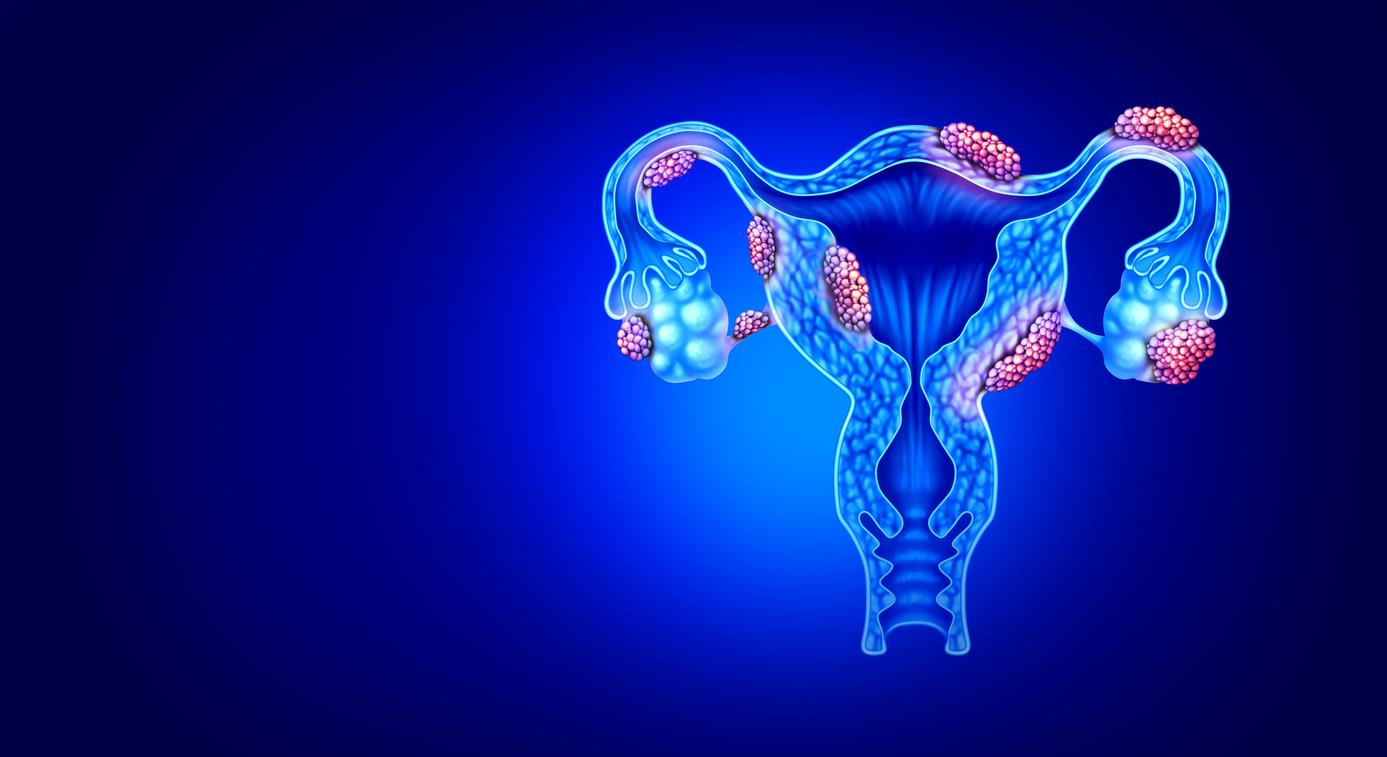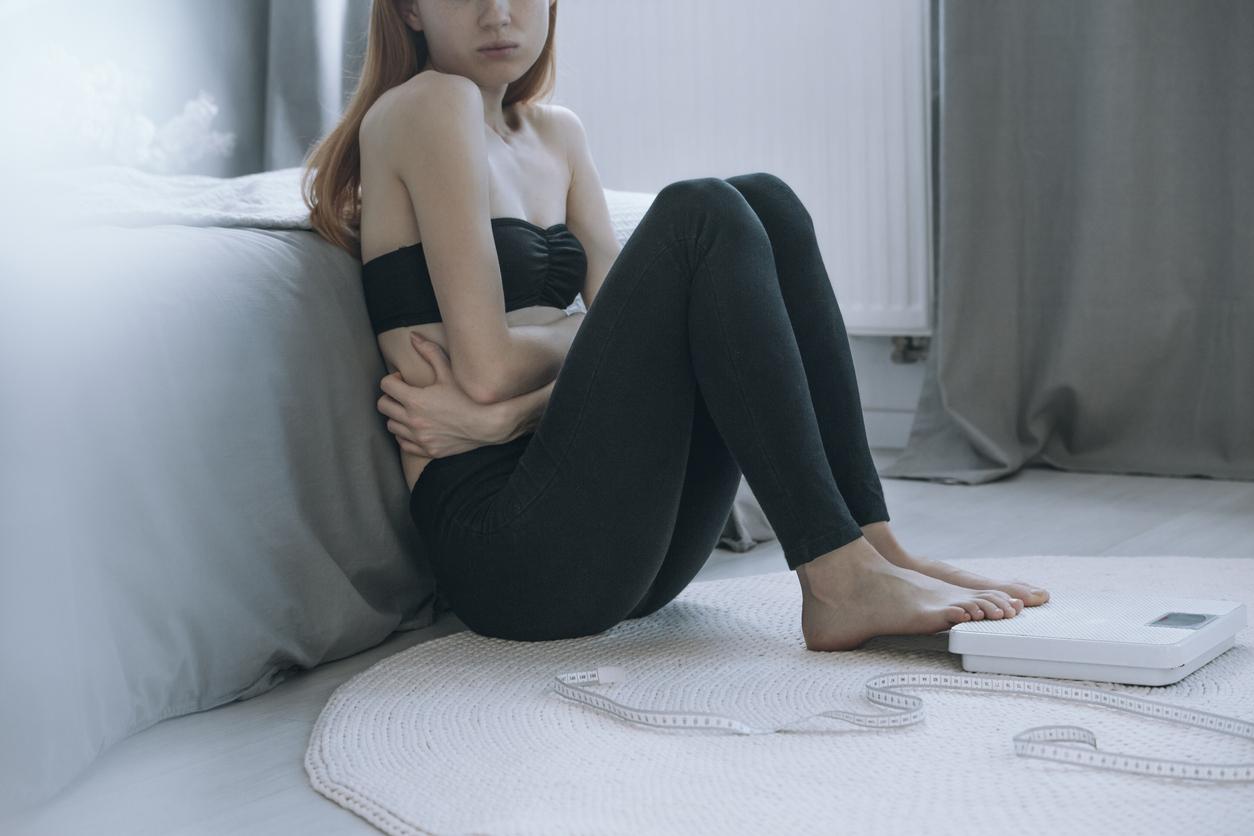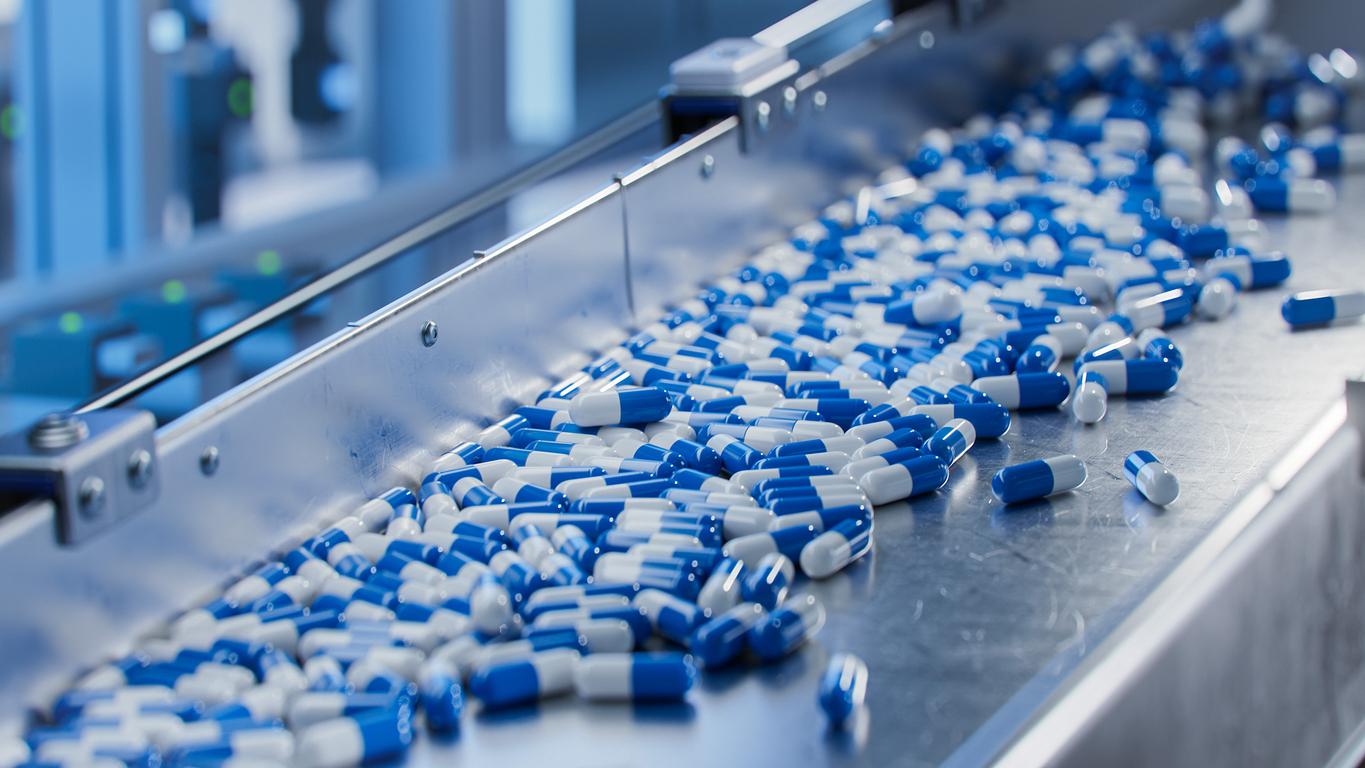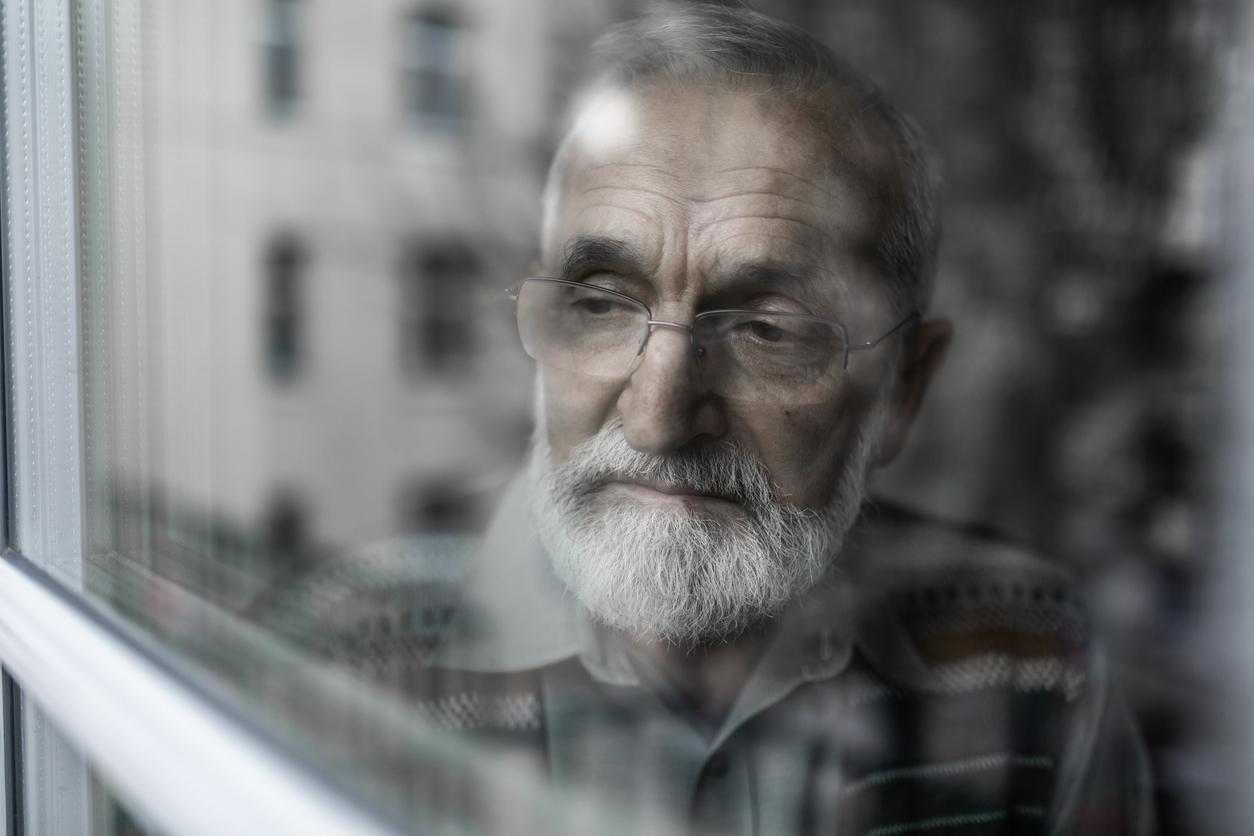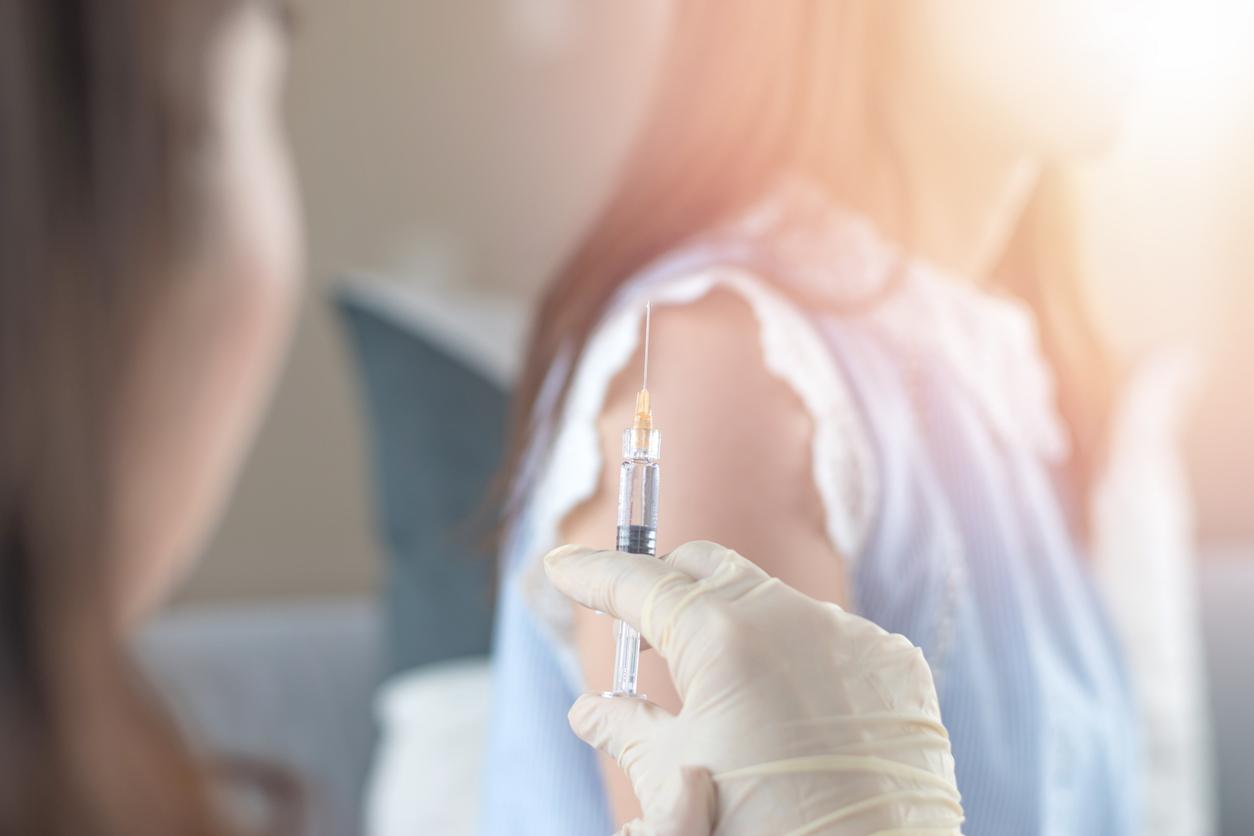At the start of summer and faced with the specter of the Delta variant, formerly Indian, the vaccination rules have evolved with a shortening of the deadlines and an adaptation for people already infected.
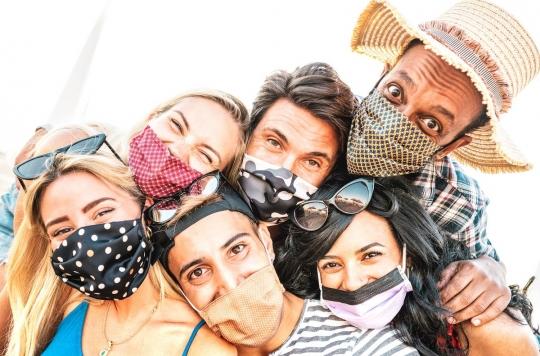
- During the summer period, the second injection may be administered within an interval of 21 to 49 days after the first dose, compared to 39 to 42 days previously.
- For people already infected, the single-dose regimen becomes the norm even if their contamination dates back to spring 2020.
- Self-tests will be distributed free of charge throughout the territory, and the rules of tracing and isolation are tightened.
Faced with the virus, the rules adapt and evolve regularly. This Sunday, Olivier Véran presented the new plan of attack against the virus with a change in the balance of power. “With 2,000 to 3,000 cases per day, it is no longer the virus that stalks us but us who stalk it”, estimated the Minister of Health at JDD. To prevent this from swinging back the other way, the government is changing the rules regarding the second dose and people already infected. It is also strengthening testing and tracing of the virus in an attempt to limit the presence of the Delta variant, of Indian origin, in the territory.
Three weeks minimum between the two injections
The time between the two doses is shortened. During the summer period, the second injection may be administered within an interval of 21 to 49 days after the first dose, compared to 39 to 42 days previously. These new rules, announced by the Ministry of Health last Tuesday, aim to quickly vaccinate the French before they go on vacation and to block the spread of the Delta variant. The government assures that this development does not change the effectiveness of the vaccine in any way and adds that this delay is provided for in the marketing authorization. The lead time was first extended to accommodate early shipments that contained smaller vaccine stocks. But now, the vaccines are flowing: 23 million doses, mainly Pfizer and Moderna, must be delivered in June. This is twice as much as in April. Deliveries will be the same in July and August.
The single-dose regimen is required for all people already infected
For people already infected, the single-dose regimen becomes the norm even if their contamination dates back to the spring of 2020. This announcement was presented by the Directorate General for Health in a “DGS-Urgent” message dated June 18. Currently, you have to wait three months to get vaccinated after being infected. This period is now reduced to two months. Since Monday, serological tests have been available in vaccination centers in order to assess the presence of antibodies and to avoid having to give two injections for people who have already contracted the virus.
Reinforcement of tests during the summer
To track down the virus and its variants, the government is strengthening its screening policy. With this in mind, self-tests will be massively distributed in resorts, whether on beaches, campsites, hotels or sports halls. “This summer will be different from the previous one, and certainly more serene for the French, because we have more tools at our disposal.assures Olivier Véran. We are going to multiply the collective screenings by self-test. It is not a question of replacing PCR tests or antigen tests but of adding an extra mesh to our net.” In total, two million kits will be delivered free of charge to holiday destinations, approximately 500,000 have been delivered to prefectures for vulnerable populations, 5 million will be supplied to leisure centers and summer camps and significant quantities will also be transferred by National Education to students on the eve of the holidays. “We will distribute them nationwide.”, assures the Minister of Health.
Sniffer dogs on trial
In addition, the government has indicated that it will carry out two experiments – in a port and an airport – with trained sniffer dogs to detect infected people. “We now have proof that it works in real life thanks to the very promising results obtained by the research teams and the AP-HP.says Olivier Véran. A wider deployment will be carried out during the summer if these results prove conclusive..”
Japanese tracing
The tracing of the virus will also harden. “We put ourselves in working order to find all the chains of contamination”, promises Olivier Véran. From the beginning of July, a “Japanese-style tracing” will be carried out in order to trace the origin of the contamination, whereas currently only the tracing of contact cases of an infected person was carried out. This work will be carried out by the Health Insurance teams but also those of the regional health agencies, particularly in the case of a cluster. “This Japanese-style retrospective tracing is much more efficientunderlines Olivier Véran. We’ll go back as far as we can.”
Hardening of isolation
Finally, the last part of the new rules concerns isolation, which are getting tougher to deal with the Delta virus. “If a person infected with the Indian variant refuses to respond to the Health Insurance teams or to respect the sheltering instructions, an alert is sent to the prefectspromises the Minister of Health. They can take isolation measures. It’s more coercive and we won’t hesitate to do it, because we can’t take the risk of starting a new epidemic wave.”

.



